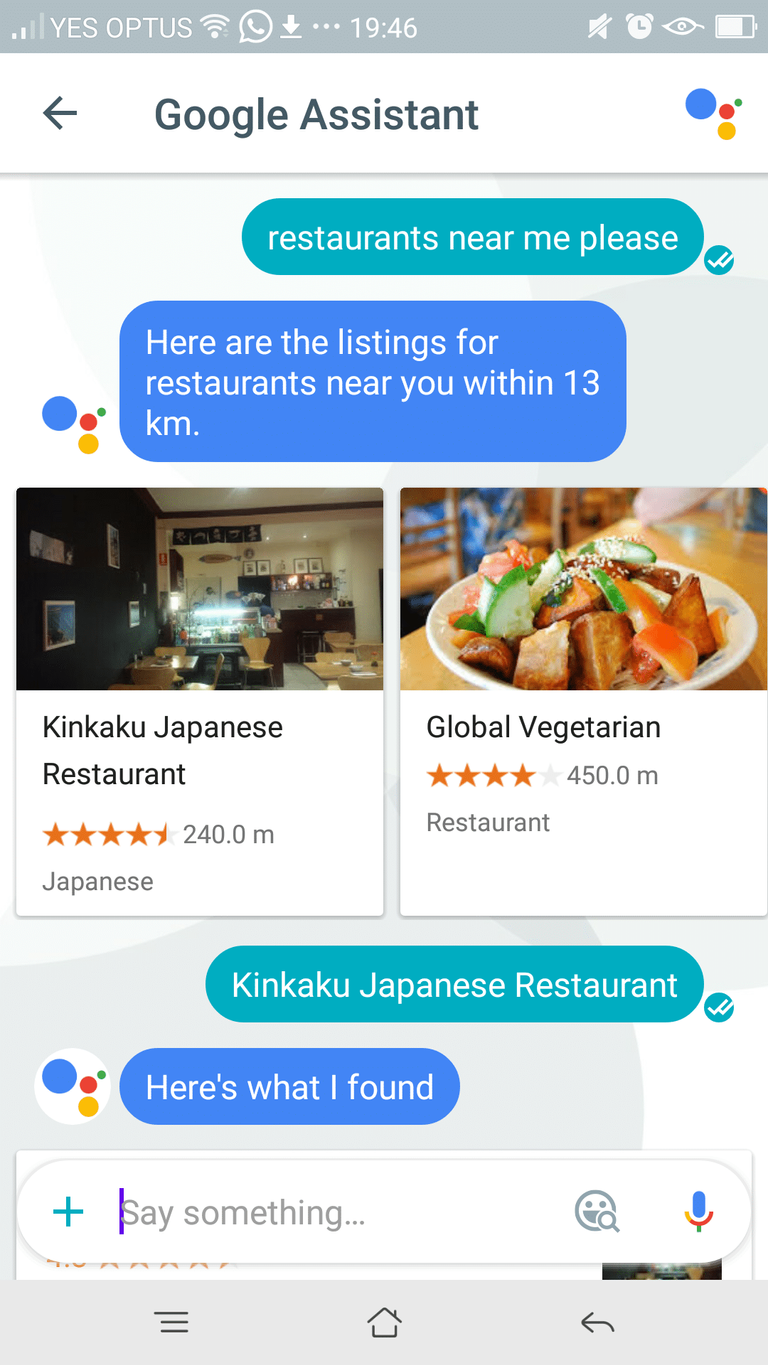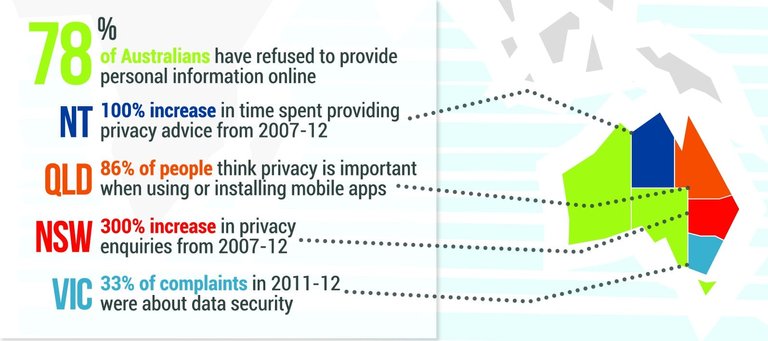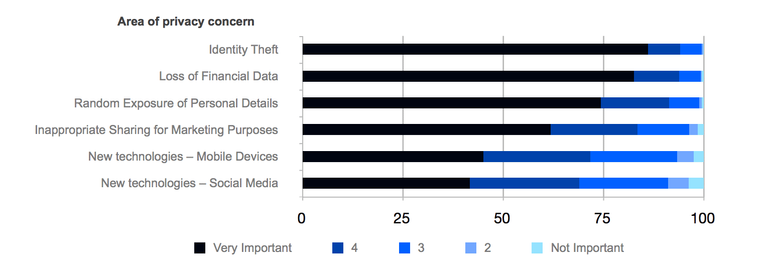
Every day people around the world utilise Google and its services to provide users with the most timely and relevant information they need. Although as convenient as Google has become with maps, Gmail, Google Drive, Google Assistant etc. There are growing concerns related to Google Assistant and its pre-emptive knowledge makeup. Imagine a machine knowing information about your life, where you walk, what shops you go to, when you commonly have meetings, where you fly to and then pre-emptively providing information to you on your behalf. This is where the world of search is heading and its ringing alarm bells for many users.
Google Assistant
Google Assistant is the voice activated personal assistant released by Google in May of 2016. Integrated through the Google Allo chat app, Google Assistant enables users to search for information quickly in a conversational interface – much like chatting with a friend through a messaging app. In the corresponding picture, a simple example is shown on how a user may interact with Google Assistant. The user asked (natural voice command) Google for “restaurants near me please”, and Google responded by displaying a list of nearby restaurants in the form of information cards. The user can then tap on a card to obtain more information on a restaurant’s opening hours, directions, website etc. In this example, we can see how Google obtained the user’s location and the user’s voice idiosyncrasies to return the most relevant results to the user.
Example of Google Assistant:

Australian Attitudes to Online Privacy
This Google technology has such a powerful use but like with most movements forward in technology it costs us our personal data. Is there a line at which a person’s personal information is worth more in its private state than that of a sharing one? A white paper published by crucial.com.au in April 2015 reported on how “78% of Australians have refused to provide personal information online”. Another survey conducted between The University of Canberra and Ebay.com in March 2012 detailed different areas of privacy that concerns individuals the most. These surveys reflect how a majority of Australians are concerned with their privacy and how it is managed.

Source: APPA.com

Source: University of Canberra
The Google Transparency Report
Since the Snowden revelations, users have been more sensitive about how their data is collected and used. However, users can be made to feel at ease with Google’s Transparency Report, detailing how your data is managed and how government requests for your data are handled. A Google Privacy Page gives a basic overview of your data, and from the Privacy Page, which are of particular interest to this post are the headlines:
“We want you to understand what data we collect and use.”
“You have controls to manage your privacy.”
“Your Security comes first in everything we do.”
“We do not give governments direct access to your data.”
“We do not sell your personal information to anyone.”
Despite how comforting these headlines seem coming directly from Google, its hard understand how Google interprets their own privacy policies after they committed several privacy violations after they first published their Transparency Report in 2010. In February 2012, the Wall Street Journal reported on how Google used a secret code to bypass the security settings on Apple devices using the Safari browser without users even knowing it. And in February of 2014, the New York Times reported how a collection of “passwords, e-mail and other personal information from unsuspecting computer users” was gathered during the Street View Mapping Project. By just touching upon some of the privacy violations committed by Google, it’s clear that Google may be bending their own rules. If Google does not give governments direct access to your data, then does that mean there is indirect access to your data? Can these rules be manipulated in such a way to allow government or private corporations the ability to access?
The Future of Google Technology
There appears to be no clear consensus on what privacy users’ are giving up in return for Google convenience, but some things are for certain – the more Google makes our life convenient the more private information we give up. More technology is listed below that will inherently gather more and more private data including:
Google Glass – don’t need to check your phone anymore, just wear the glasses.
Driverless Cars – just tell the car where to go.
TerraBella – satellites capturing up-to-date satellite imagery for Google Maps with applications to disaster relief.
Project Loon – giving more people around the world access to the internet via satellite balloons.
Armostat – a solar-powered atmospheric satellite, which can stay up in the air for 5 years – making up the 3rd addition to the satellite network, Armostat will provide satellite imagery and direct internet to unconnected parts of the world.
BigDog – a robot dog developed by Boston Dynamics
Nest – Home security & environmental regulation systems
Renewable Energy – SunPower, Panhandle 2 Windfarm, Elon Musk’s Solar City

Image: Armostat Drone
In Conclusion
With these Google projects looming on the horizon, it’s very likely that we won’t even need to be carrying a device in order for Google to track our movements or listen-in our conversations. In a hypothetical future scenario; a Google Glass being worn by a passer-by on the street will capture an image of your face and use facial recognition technology to identify you – not to mention that the Driverless Car and TerraBella may have this capability as well. And, let’s not forget that almost any building you walk into in the future, will probably be fitted out with Nest – listening in on your conversations through electronic devices and home appliances. In fact, Google is already setting up its ecosystem within our homes via its ability featured in Smart TVs and the recently released Google Home, the voice activated speaker powered by Google Assistant, enabling users to use Google’s suite of services.
Holistically, Google will continue to track and learn more about its users – all intent to deliver its convenience, but the primary concern here is that users cannot be certain on who has access to their data, and how it’s being managed.